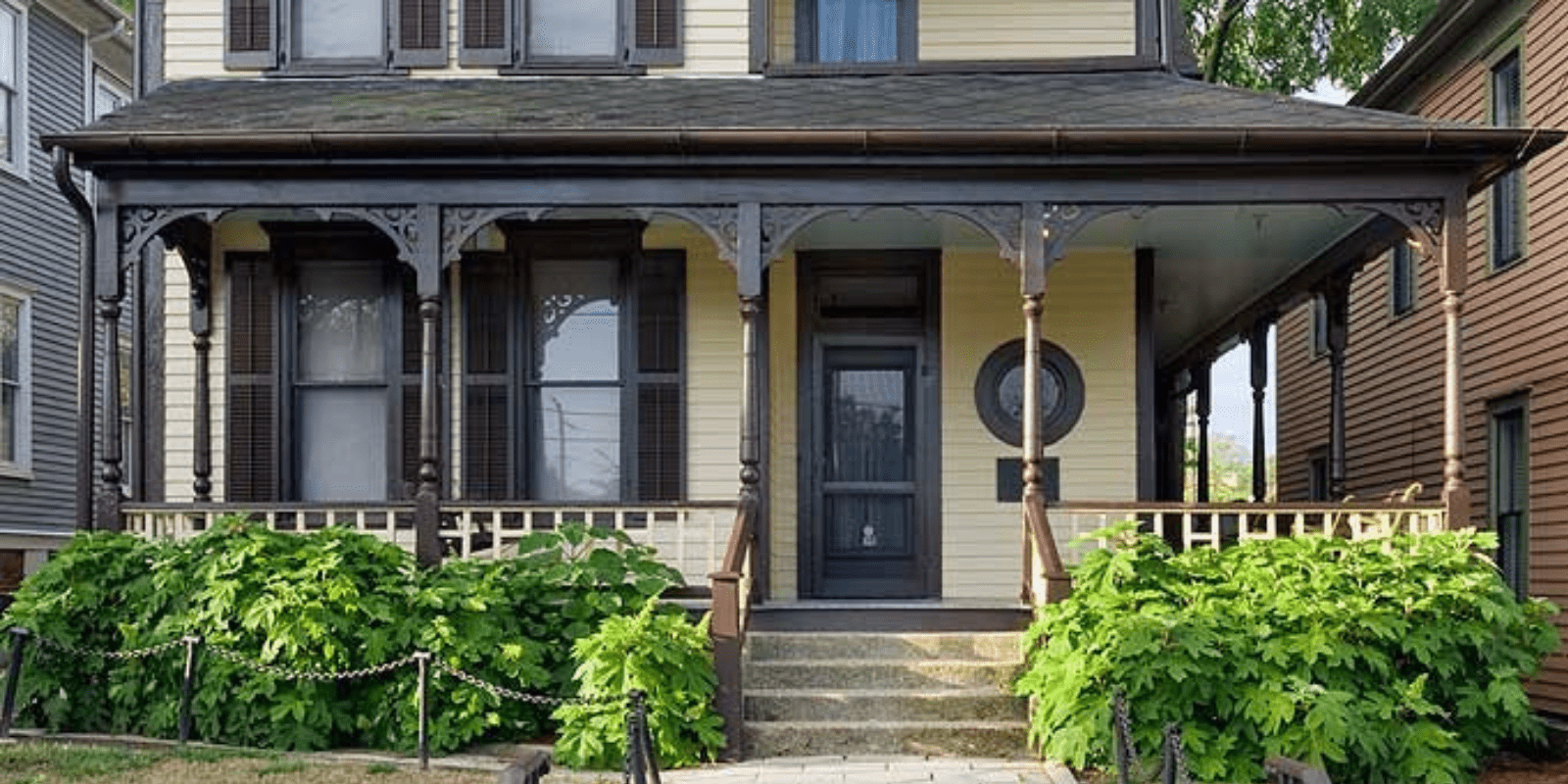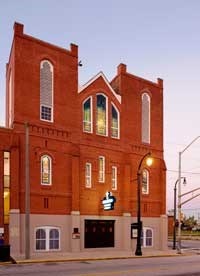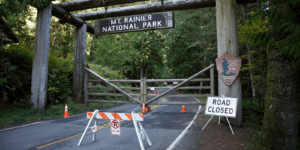We have much more to do and your continued support is needed now more than ever.
The Land and Water Conservation Fund: Preserving Martin Luther King Jr.’s Legacy
A Reflection on MLK Day & the Campaign to Save the Land and Water Conservation Fund

Public lands were created for all Americans – no matter their race, age, gender, religion or socioeconomic status. They are a uniquely American idea that is rooted in deep sense of egalitarianism. While each of us may use America’s public lands differently, our public lands speak to a rich and diverse tapestry of history, culture, and sacred traditions that are deeply woven into the collective American experience.

Gary Tarleton, HFC, NPS
When we think of public lands most of us probably think of national parks and envision the vast expanse of the Grand Canyon, the snow-capped peaks of Rocky Mountain, the rugged towers of Zion, the breathtaking views from the Great Smoky Mountains, or the majestic bison herds of Yellowstone.
However, one of America’s most important National Parks—and one that offers a bold challenge and reminder to us all about the need for greater equity, opportunity and access—is the Martin Luther King, Jr. National Historical Park. Attracting hundreds of thousands of national and international visitors every year to the heart of Atlanta, the Martin Luther King, Jr. National Historical Park includes King’s boyhood home, Ebenezer Baptist Church where King and his father preached, King’s gravesite and a visitor center and museum chronicling the American Civil Rights Movement and the life and teachings of Dr. King.
“The function of education is to teach one to think intensively and to think critically. Intelligence plus character – that is the goal of true education.” Martin Luther King, Jr.
In 1964, the same year that Martin Luther King Jr. won the Nobel Prize for his nonviolent campaign against racial inequality, the U.S. Congress passed the Land and Water Conservation Fund to help improve the health and vitality of all Americans by preserving, developing and ensuring access to outdoor recreation. As America’s most successful outdoor recreation and conservation program, the Land and Water Conservation Fund (LWCF) has provided over $18 billion dollars to support America’s national parks, provide access to our public lands, restore wildlife habitat and fund local parks, playgrounds, ball fields and walking trails in nearly every county in America.
Yet, beyond large landscapes and local playgrounds, the Land and Water Conservation Fund has also been critical in preserving our nation’s history by protecting and restoring important historical, cultural and educational sites, including providing over $2.9 million to the Martin Luther King, Jr. National Historical Park. Each year, thousands of students visit the historic park on field trips that provide education and leadership opportunities. Through “Your Life’s Blueprint Program” the Park uses interactive education rooted in the wisdom and teachings of Dr. King to help students explore their own trials and triumphs, define success, and identify the steps they need to take to make their dreams a reality.
“I choose to give my life for those who have been left out of the sunlight of opportunity.” Martin Luther King, Jr.
In addition to supporting key historical and educational sites like the Martin Luther King, Jr. National Historical Park, the Land and Water Conservation Fund also helps urban communities address outdoor recreation deficits by supporting projects in cities that create new recreation spaces, reinvigorate existing parks, and form connections between people and the outdoors through the Outdoor Recreation Legacy Partnership Program. Started in 2014, the program delivers funding through state grants to urban areas – jurisdictions of at least 50,000 people – with priority given to projects located in economically disadvantaged areas and lacking in outdoor recreation opportunities. While supporting wildlife habitats, open spaces and urban parks, the Outdoor Recreation Legacy Program also seeks to promote active lifestyles by getting kids outdoors, which has been shown to make kids smarter, happier and healthier. The program also recognizes that city parks are essential to attracting and maintaining a strong workforce and spurring investment in the community.
Unfortunately, on this day when we honor Dr. King and his vision for bringing Americans together, we see that too many of our leaders in Washington are intent on dividing people, building walls instead of bridges. There is no better example of that division than the government shutdown which is causing great hardship to dedicated federal workers and their families and to the people who rely on government services and support. It is also causing great damage to our public lands and historic sites throughout the country.

Beyond the piles of garbage, stories of vandalism and shuttered visitor centers that have garnered headlines, the shutdown is preventing Congress from reauthorizing the important Land and Water Conservation Fund. Without permanent reauthorization and dedicated funding for this important bipartisan program, everything from America’s national parks and public lands to our local playgrounds and parks are at risk.
Dr. King taught us that we should work toward a higher sense of community (he called it “the beloved community”), where all are invited to come together as equals to sit at a great table. In many ways, our public lands form that great table where people from diverse backgrounds, passions and perspectives can all come together as one with one another and the land. When we arrive at the trailhead, the river’s edge or where the sand meets the sea, we are all equal. We are not Republican or Democrat, rich or poor, black or white. We are beating hearts, eyes opened in amazement, and arms outstretched to the beauty and majesty of creation and wonder that lies before us. Our public lands belong to all of us to enjoy today and they are the inheritance we pass down to our children and grandchildren tomorrow.





















